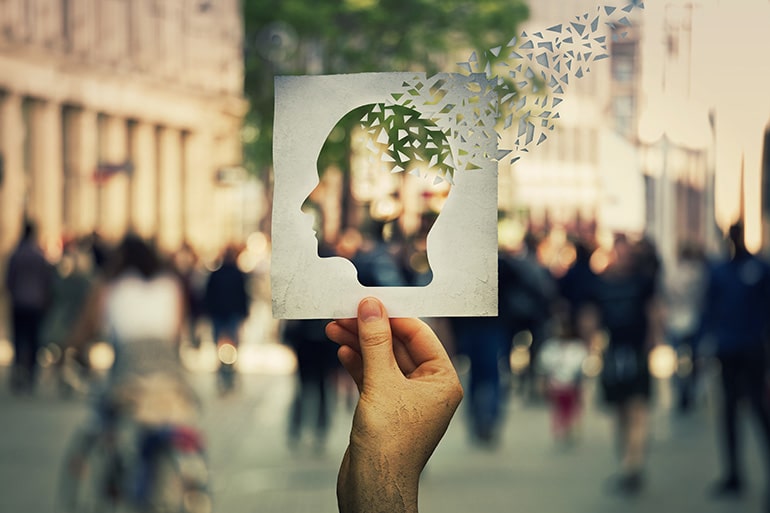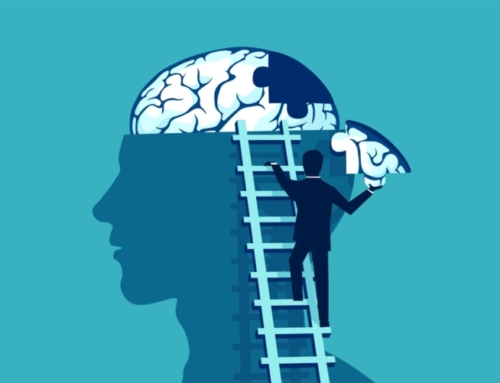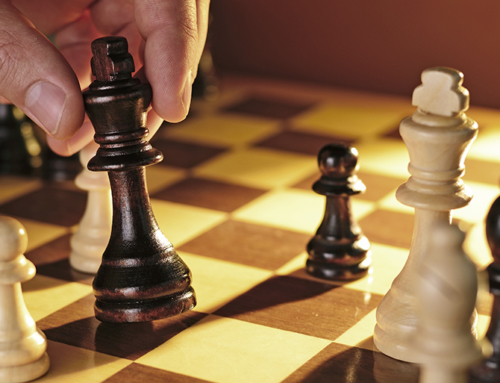I want to ask you some questions to consider: Since you’ve become aware of the coronavirus pandemic, how have you changed? Do you find yourself remembering events from the past you may not have thought about for years? Remembering people you lost touch with that you feel an urge to reconnect with? Have your expectations about the future changed? And how about your emotions, have they changed? Perhaps you may say that you now feel sadder or more anxious than usual. But as soon as you say that, do you become aware that sadness or anxiety don’t capture the core of the change in your emotions? It is as if it isn’t whether you are sad or anxious or to what degree, but rather it is how your sadness or anxiety feel, for now they feel different.
Also, have you been experiencing an uncanny sense that your perception of the world has changed too. Almost as if light has a different quality or space is more extended or time seems more granular as if it now has greater resolution. Even entertaining such thoughts seems confusing: light is light, space doesn’t contract or expand, and resolution isn’t a feature of time. Yet, that uncanny feeling remains. Something about the world HAS changed, although in what ways you perhaps can’t put into words.
If so, I submit that you may be experiencing a sense of poignancy. Or, I would say, that you’re living in or through poignancy. This is a good thing: poignancy can be a doorway into a better future.
First, what is poignancy. Vocabulary.com states that it “refers to something that is deeply touching, especially something that brings forth strong emotions like sympathy, sadness, or sorrow.” Cambridge Dictionary defines it as “the quality of causing or having a very sharp feeling of sadness.” Collins dictionary defines it similarly: “the quality that something has when it affects you deeply and makes you feel very sad.”
I find these definitions not directly wrong but as inadequate on at least two levels. First, poignancy can evoke a greater range of emotions than varieties of sadness. Poignancy can trigger a sense of wistfulness, estrangement, discombobulation, and even some free-floating anxiety. And second and more importantly, poignancy refers to something in addition to any one emotion or to any combination of emotions. This additional something either causes or is caused by emotions, or it does both. But what is this something else?
This something else is, I submit, your experience of the world and everything in it, including other people, you, and your place in the world. And these two together – your experience of the world and the emotions that well up – are called a mood. In psychiatry, we often conflate mood with emotion and regard it as a longer lasting emotion, analogous to climate, as opposed to emotion, which is analogous to weather. But mood is not a feeling that is separate from and added onto a person’s prior experience. Rather we experience the world through our mood. It’s like wearing a pair of distorting glasses that changes our perception of EVERYTHING but without our knowing that we’re wearing glasses of any kind. Rather we just experience what we experience and, if we even stop to think about it, we think that our experience is a neutral and appropriate perception of what is.
A word related to mood is attunement. When we’re in a mood, we become attuned to certain aspects of the world, we perceive what is salient to that mood. For example, when we’re anxious, we become alert to potentially threatening situations; when sad, we notice all the ways the world is filled with pain, suffering, and evil. So, when we feel poignancy, the question is, what gains saliency in our experience of the world? The answer to this question can lead us to making changes in our lives that lead to a better future.
I submit that poignancy does the following: It makes the past more salient. We remember events from our lives that stood out, either because they were sad and painful or because they were happy and carefree. But these remembrances, whether sad or happy, are now tinged with sadness because the past is past and is never again to be. We notice how quickly time has passed and how fleeting life has been to this moment.
Poignancy does the same to our future. We become equally aware of how our future time, the days remaining to us in our lives, will also pass by quickly. So, poignancy makes the passage of time, the arising and passing away of things, more salient. Both the past and future crowd the present. The present moments can now seem overly full, loaded with meaning, overflowing with all types of inchoate feelings. It can leave a person feeling like they want to cry one moment, laugh at another, feel deep love and connection to people from the past and present at still another moment, before shifting to a sense of estrangement and perhaps dread at another moment still, the latter triggered by a realization of how fluid reality now feels. Expectations, plans, routines, beliefs about the world now shift and keep shifting. Where is the solid ground?
My first message to you today is, if you feel this way, don’t be surprised. This is a season of heightened emotions, thoughts, memories, and imaginings. Give in to your experience. Cry if you want to. Laugh when that feeling comes upon you. Don’t deny your fear or lack of ability to predict and control. By acknowledging the poignancy of this moment, in all its sadness and change, you will open yourself up to perceiving that inside you that will be your compass into the future.
My second message is that it is during times like these that you are most likely to consider a change in life direction. When you become acutely aware of the fleetingness and preciousness of life, all of a sudden meeting other people’s expectations for you or living up to a self-imposed plan for your life that now seems as irrelevant as news from last month, you are likely to begin considering what has real value to you. When you face the prospect of death – even if your risk is not high – it concentrates the mind.
The origins of the word poignancy is relevant here. It is from Old French, from the present participle of poindre, meaning to “to prick.” Poignancy just made a hole in your assumptive world. It beckons you to look deeper beyond yesterday’s verities, to ask yourself questions about ‘what now,’ to discern among options, and then to choose.
Who are you? What are you meant to do? What matters most to you?
Time is precious. Will you make the most of it?
Until next time,
Dr. Jack
LanguageBrief
Today’s Quotes
“Present, n. That part of eternity dividing the domain of disappointment from the realm of hope.”
― Ambrose Bierce“So we beat on, boats against the current, borne back ceaselessly into the past,”
― F Scott Fitzgerald“I must be a mermaid, Rango. I have no fear of depths and a great fear of shallow living.”
― Anais Nin“Fairy tale does not deny the existence of sorrow and failure: the possibility of these is necessary to the joy of deliverance. It denies (in the face of much evidence, if you will) universal final defeat…giving a fleeting glimpse of Joy; Joy beyond the walls of the world, poignant as grief.”
― J.R.R. Tolkien“We can truly love only with suffering and through suffering! We know not how to love otherwise. We know no other love. I want suffering in order to love. I want and thirst this very minute to kiss, with tears streaming down my cheeks, this one and only I have left behind. I don’t want and won’t accept any other.”
― Fyodor Dostoyevsky“Love never dies a natural death. It dies because we don’t know how to replenish its source. It dies of blindness and errors and betrayals. It dies of illness and wounds; it dies of weariness, of witherings, of tarnishings.”
― Anais Nin







Leave A Comment